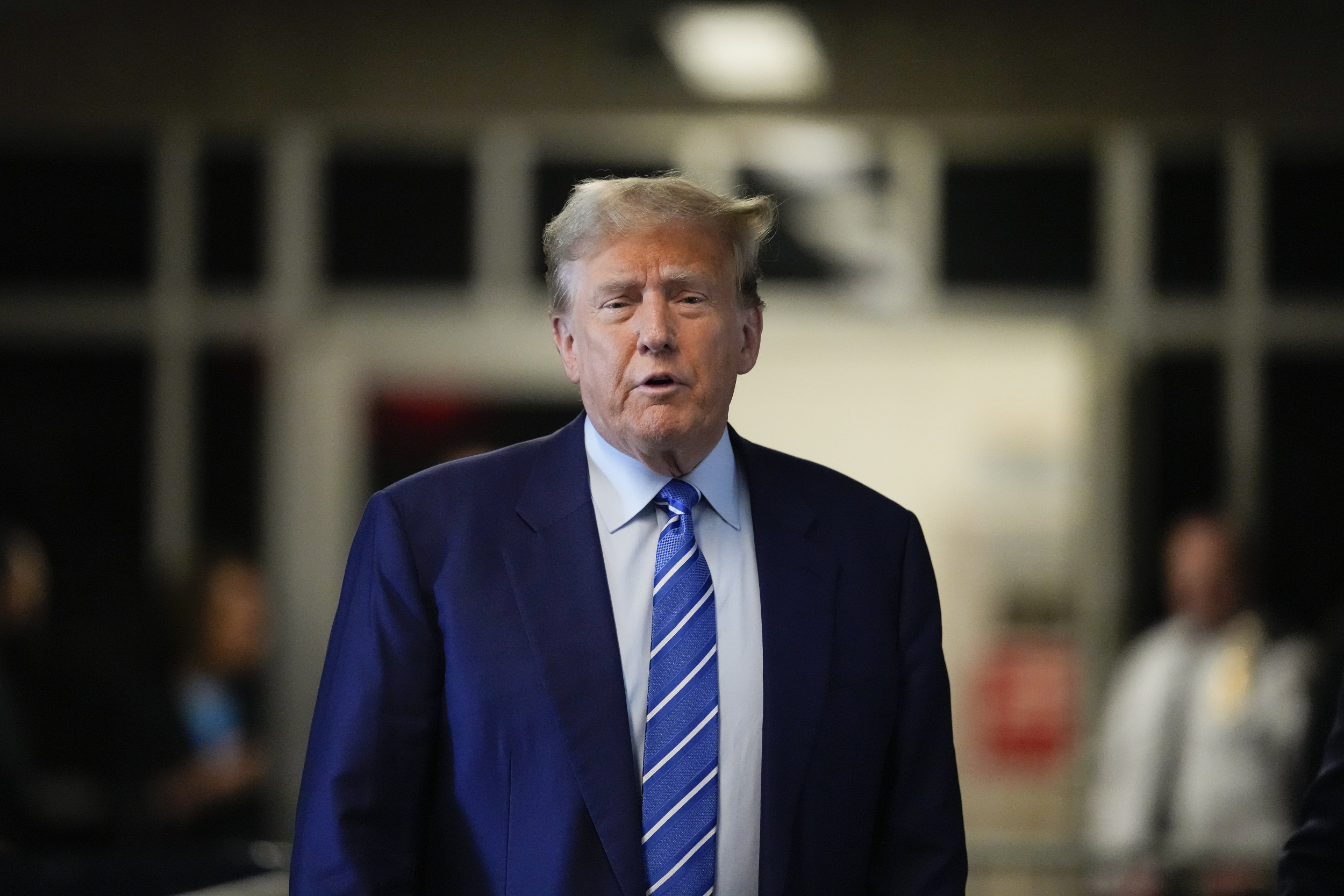On Monday, President Donald Trump and Russian President Vladimir Putin met for a closed-door meeting. While administration officials were invited to a working lunch following the meeting, the one-on-one discussion was reserved for Trump, Putin, and their interpreters. While world leaders take center stage when it comes to global relations, an integral responsibility of the diplomatic process falls on the shoulders of people who largely go unnamed: presidential interpreters. In a profession where words are all that matter, even a minute misinterpretation can have large implications, as exemplified in these three instances throughout history.
To see the impact of misinterpretations, look no further than the atomic bomb dropped on Hiroshima. Before the United States dropped the bomb, allied leaders in Potsdam submitted a declaration of surrender terms to Japan, according to an unclassified National Security Agency (NSA) document.
When reporters in Tokyo asked then-Japanese Prime Minister Kantaro Suzuki about the government's reaction, he said he was "withholding comment," utilizing the word mokusatu. Mokusatu is derived from the word "silence" and also has other meanings, so the comment was translated by international news agencies as the surrender terms being "not worthy of comment."
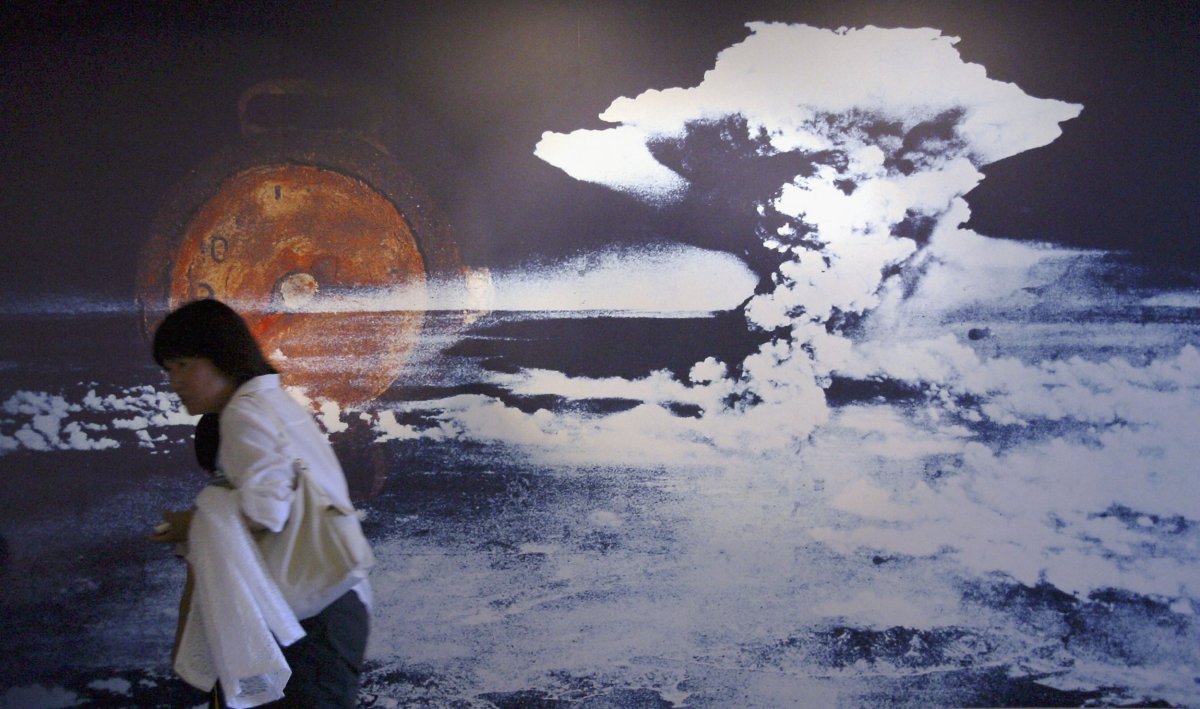
United States officials were angered by the comment, which the NSA document said was taken as an example of the kamikaze spirit, and within 10 days, the decision was made to drop the atomic bomb. While the misinterpretation may have added to an already tense climate, the decision to use the atomic bomb weighed factors other than Suzuki's one comment.
On New Year's Eve in 1977, then-President Jimmy Carter traveled from Washington, D.C., to Poland and gave a statement at the Warsaw airport upon arriving in the formerly Communist country. However, a series of gaffes by his interpreter, Steven Seymour, led to embarrassing press coverage for the United States.
Along with misinterpreting Carter's hope to learn about the Polish people's desires for the future as, "I desire the Poles carnally," The Washington Post reported he also misinterpreted the president's praise for the Polish Constitution of 1791 as it being subject to ridicule.
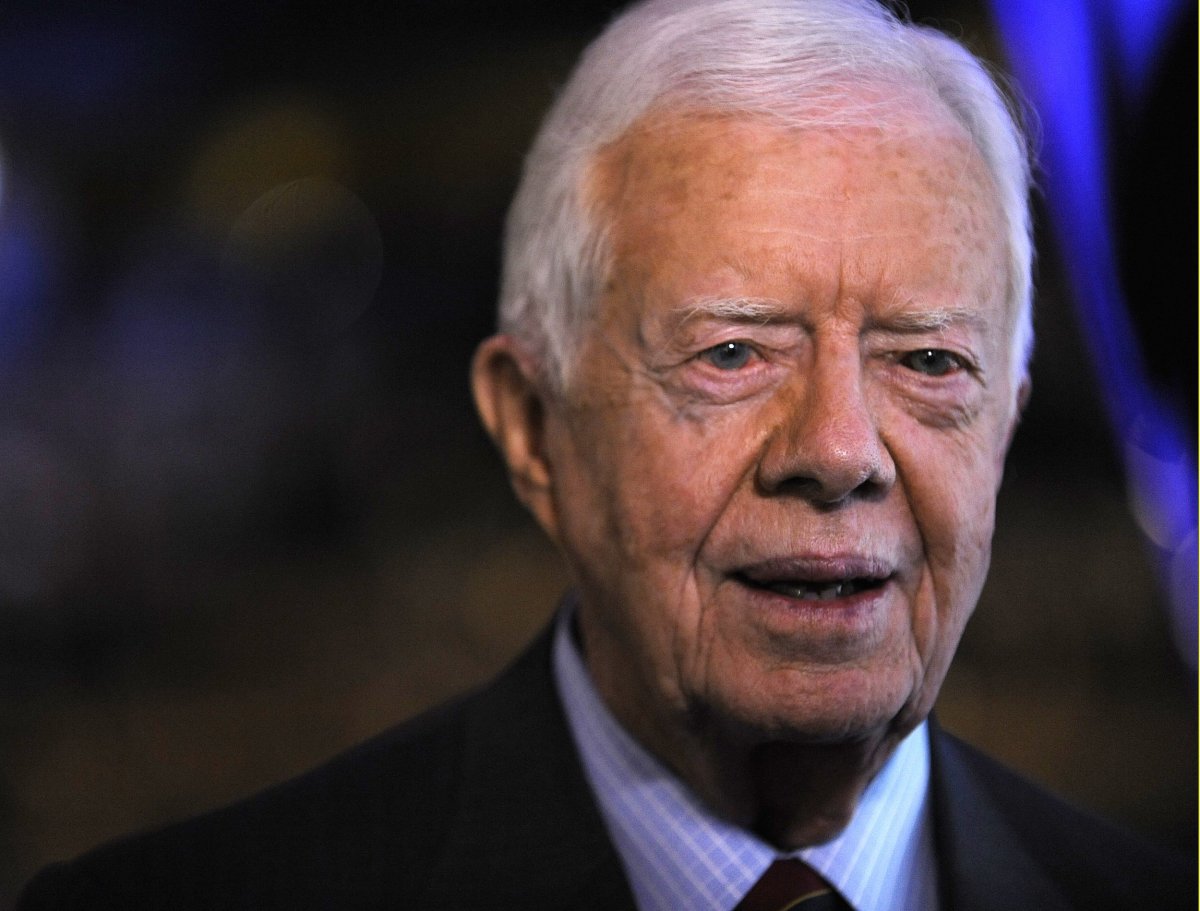
Seymour also translated Carter describing when he left the United States as, "When I abandoned the United States," according to The New York Times.
When Carter said, "Poland is the ancestral home of more than 6 million Americans," The New York Times reported Seymour told attendees, "A state also which constitutes the fatherland of 10 million Americans."
Seymour, who reportedly did well on both the Polish and Russian State Department examinations, also used a Russian word instead of a Polish word.
"It looks as if Seymour learned his Polish from a grandfather or somebody who must have emigrated from some backwoods of eastern Poland decades ago," The New York Times reported a Polish journalist said at the time. "He used antiquated words and strange grammar just like uneducated Polish peasants still do."
The Washington Post reported Seymour worked as a freelance interpreter part-time for the State Department and had won praise for his work in previous trade negotiations. He was replaced by Jerzy Krycki, a Polish citizen who worked for the United States Embassy.
In 1990, then-Soviet leader Mikhail Gorbachev was meeting with then-President George H.W. Bush about an arms control treaty when interpreter Igor Korchilov made a mistake that took everyone by surprise.
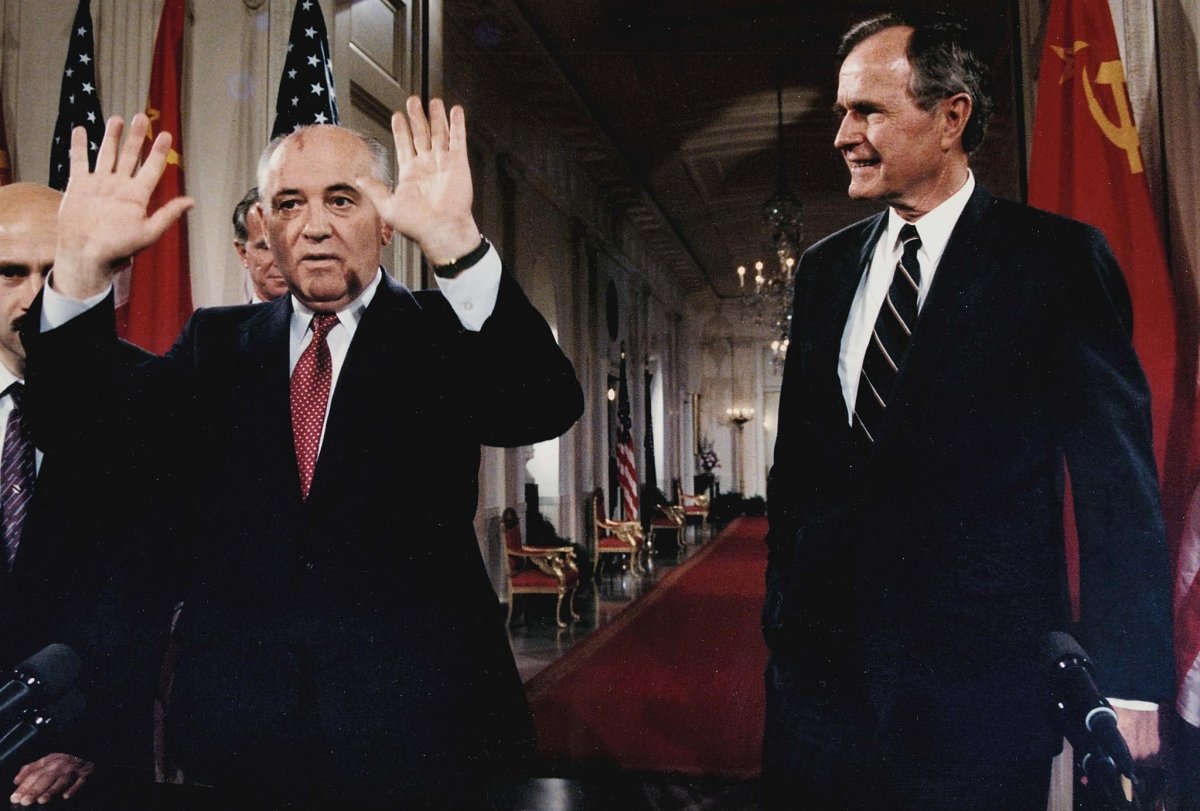
During the Open Skies proposal discussion, NPR reported that the Soviets and Americans were in a disagreement about whose aircraft should be used for inspections. At the time, the United States was considered the verifying party and the Soviet Union was the verified party.
"The aircraft to overfly territory for inspection purposes should be made available by the verifying party at the disposal of its crew," Korchilov interpreted Gorbachev's statement, according to NPR.
The implication of the use of the word "verifying" was that the Soviet Union had suddenly switched positions and sided with the U.S., gaining the shock of everyone in the room, including Gorbachev. However, the Soviet Union leader immediately stepped in and said in English, "No, no — I never said that."
In his memoir, Translating History: 30 Years on the Front Lines of Diplomacy with a Top Russian Interpreter, Korchilov expressed his humiliation in the moment and shared that he apologized to both Bush and Gorbachev after the meeting.
"He made a stern look, put his arms in his pockets and said, 'Relax, the good news is that you didn't start World War III,'" Korchilov wrote about Bush's reaction.
While translators' word choices have posed issues for diplomatic relations, the other side of the job is knowing when it's time to substitute an exact translation for a slightly different linguistic choice better suited for the speaker's intended meaning.
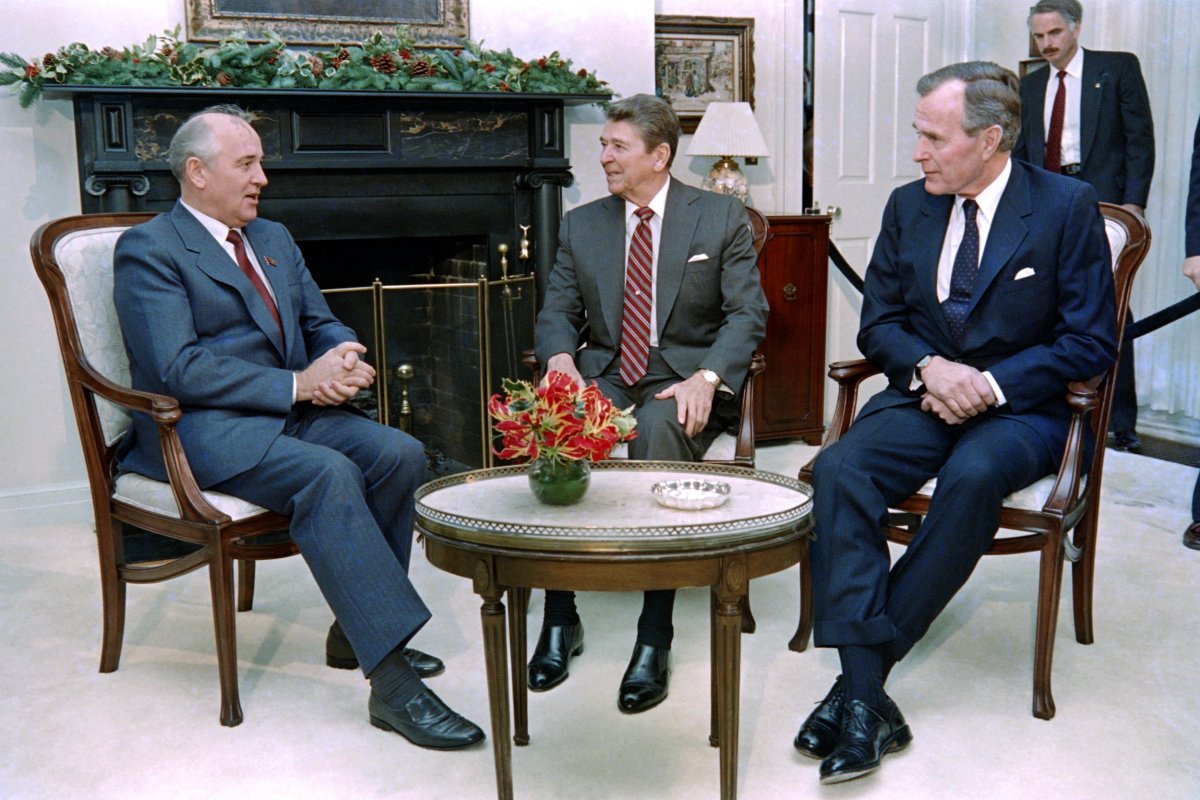
Gorbachev traveled to Washington, D.C., in 1987 for a summit with then-President Ronald Reagan. During an official welcoming ceremony, Reagan acknowledged the meeting as the "coming together not of allies—but of adversaries."
Dimitry Zarechnak, Reagan's interpreter for the speech, told NPR that the decision was made to use the word "competitors" instead of "adversaries" because unlike in America, where adversaries can be respected, in Russia "it sounds terrible" and is a word that closely resembles another that means "disgusting."
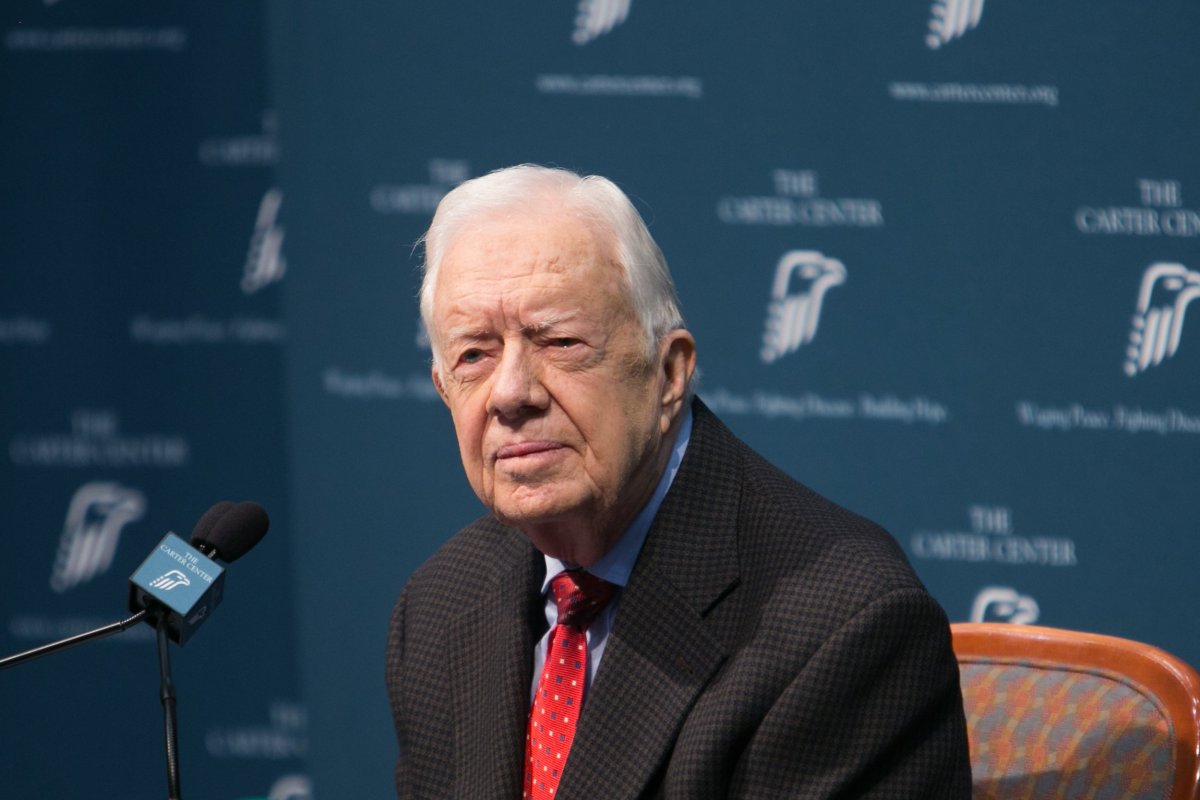
Uncommon Knowledge
Newsweek is committed to challenging conventional wisdom and finding connections in the search for common ground.
Newsweek is committed to challenging conventional wisdom and finding connections in the search for common ground.
About the writer
Jenni Fink is a senior editor at Newsweek, based in New York. She leads the National News team, reporting on ... Read more
To read how Newsweek uses AI as a newsroom tool, Click here.



